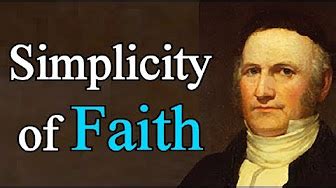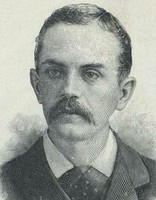A Quote by Ichabod Spencer
My observation continues to confirm me more and more in the opinion, that to experience religion is to experience the truth of the great doctrines of Divine grace.
Quote Topics
Related Quotes
Visionary experience is not the same as mystical experience. Mystical experience is beyond the realm of opposites. Visionary experience is still within that realm. Heaven entails hell, and 'going to heaven' is no more liberation than is the descent into horror. Heaven is merely a vantage point from which the divine Ground can be more clearly seen than on the level of ordinary individual experience.
Those implications are tremendous beyond description. My experience showed me that the death of the body and the brain are not the end of consciousness, that human experience continues beyond the grave. More important, it continues under the gaze of a God who loves and cares about each one of us and about where the universe itself and all the beings within it are ultimately going.
Time exists so that you can experience these flavors as deeply as possible. On the path of devotion, if you can experience even a glimmer of love, its possible to experience a little more love. When you experience that a little more, then the next degree of intensity is possible. Thus, love engenders love until you reach the point of saturation, when you totally merge with the divine love. this is what the mystics mean when they say that they plunge into the ocean of love to drown themselves.
Calvinism emphasizes divine sovereignty and free grace; Arminianism emphasizes human responsibility. The one restricts the saving grace to the elect; the other extends it to all men on the condition of faith. Both are right in what they assert; both are wrong in what they deny. If one important truth is pressed to the exclusion of another truth of equal importance, it becomes an error, and loses its hold upon the conscience. The Bible gives us a theology which is more human than Calvinism and more divine than Arminianism, and more Christian than either of them.
Science starts with preconception, with the common culture, and with common sense. It moves on to observation, is marked by the discovery of paradox, and is then concerned with the correction of preconception. It moves then to use these corrections for the designing of further observation and for more refined experiment. And as it moves along this course the nature of the evidence and experience that nourish it becomes more and more unfamiliar; it is not just the language that is strange [to common culture].
To consider the matter aright, reason is nothing but a wonderful and unintelligible instinct in our souls, which carries us along a certain train of ideas, and endows them with particular qualities, according to their particular situations and relations. This instinct, 'tis true, arises from past observation and experience; but can anyone give the ultimate reason, why past experience and observation produces such an effect, any more than why nature alone should produce it?
Whenever we experience an event, whether we're visiting the dentist or taking a dream vacation, our consciousness registers that experience internally on a spectrum with great pain at one end and extreme pleasure at the other. Once completed, the memory of that experience is tagged to either pain or pleasure, and it continues to exist in our bodymind.
As a Catholic, I find mindfulness helps me participate in my religion more wholeheartedly. If you are praying the rosary, participating in the rituals at Mass, or listening to the priest preach, you will actually be paying attention! Whatever your religion is, it can enhance the experience of participating in that religion.






























